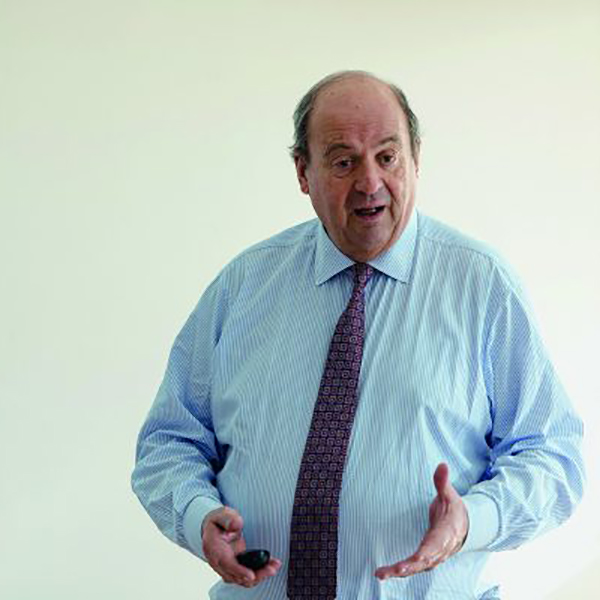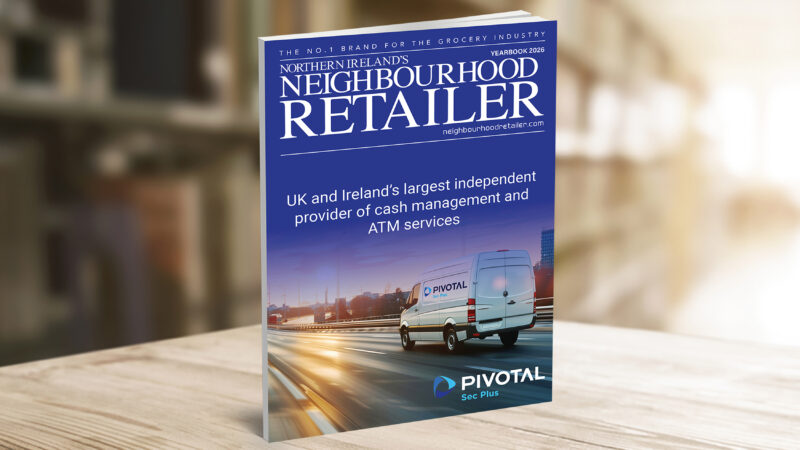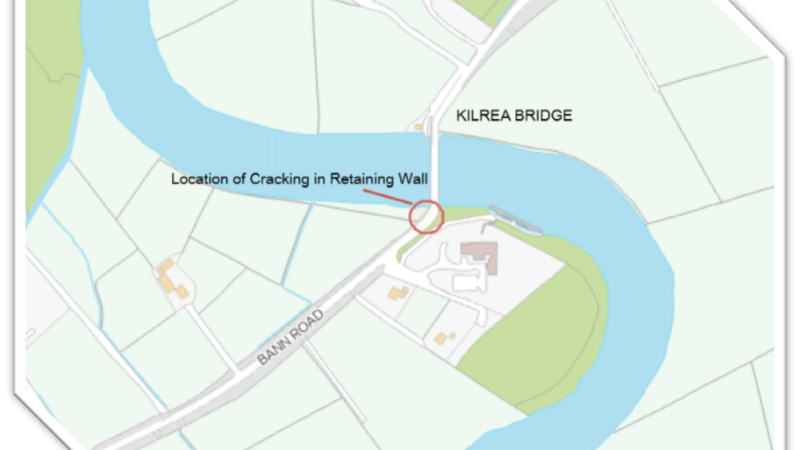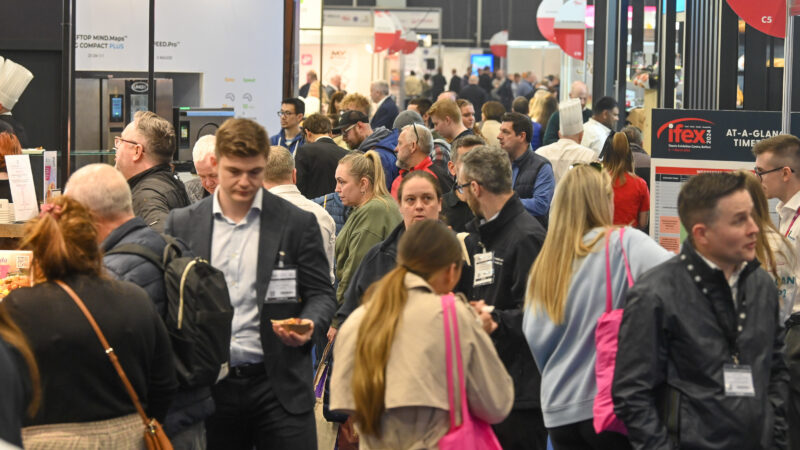PRA – More parity with England needed for Northern Ireland

The fuel industry has been hit hard by the pandemic but chairman of the Petrol Retailers Association, Brian Madderson, tells Neighbourhood Retailer what the group is doing to help its members at this time.
Like other representative bodies, the Petrol Retailers Association (PRA) has had its work cut out since March lobbying the government for the interests of fuel retailers across the UK and Northern Ireland.
As an industry, fuel has experienced categoric losses in the last few months, with, at worst, filling stations seeing a reduction of 80-85 per cent on pre-lockdown volumes. As more businesses open and consumers begin to travel again, sales have slowly risen but are not yet back to normal.
“Fuel volumes have completely collapsed, and so retailers have lost a significant profit margin as a result of that,” says PRA chairman, Brian Madderson. “Some of the smallest forecourts in Northern Ireland have had to close because of the financial impact of the loss of fuel sales.”
Businesses in rural areas have been hit the hardest along with those with a small or no retail store. While not all have been so fortunate, a range of government initiatives have enabled the vast majority to continue to service the local communities in which they stand.
“One saving grace has been the forecourt shop. Retailers have had to be very innovative in the way they have bought into new ways to adapt their shops,” says Brian.
Introducing Perspex screens, putting in distancing marketers, and sanitising stations are just some ways retailers have had to adjust their business model in the wake of the crisis – all at extra costs to the owner.
Government support
In March, Chancellor of the Exchequer, Rishi Sunak, announced a welcome 12-month rates holiday for retail businesses in England. However, in Northern Ireland, devolved government initially capped the relief at three months, rising to four after pressure from the industry.
“We canvassed the first minister and other members of the assembly such as Minister for Finance, Conor Murphy and Economy Minister, Diane Dodds to say that this was unfair, unrealistic, parsimonious, and not matched with what all three other countries had now agreed,” said Brian.
Evoking the help of Ian Paisley to lobby the Northern Ireland Executive, the PRA were pleased to hear on May 20 that Northern Ireland would have parity with the rest of the UK on business rates relief.
“This is a package of £213 million that will be vital for the survival of many small, rural filling stations across Northern Ireland.
“Around 85 per cent of all filling stations in Northern Ireland are independently owned and operated, and therefore we are delighted that we have been able to successfully represent and assist them in gaining this important concession on business rates.”
Unfortunately, as Brian says “the devil is in the detail”, and further information provided by Land & Property Services revealed that the full 12-month rates holiday would only apply to forecourt shops with a selling area of less than 300 m2.
This is particularly unjust as members have “developed their businesses to meet the needs of the community over the years” and now they are being penalised for it.
“On one hand the government in Northern Ireland were trying to say you’ve had it pretty good during lockdown because convenience stores have had above average trade levels. To some extent this is true, but there are two caveats to that.
“First of all, these stores have been very badly hit by the reduction in fuel sales and secondly, in many of the larger shops there are concessions or franchises often operated by small, family businesses. If the landlord isn’t able to get a rates holiday then they can’t pass any savings onto concessions which means some of these small, local businesses will be unfairly treated and penalised because they happen to be in a big store.”
Another area in which Northern Ireland retailers have received lesser treatment than the rest of UK is with the government’s £25,000 grant scheme available for the retail, hospitality, tourism, and leisure sectors. However, the in-store concessions in the above 300m2 stores are not rate payers directly so do not qualify for the £25K grant – thus they are being doubly penalised!
In England, Scotland, and Wales, retailers are eligible to apply for a grant on any of their premises with a non-domestic rateable value of less than £51,000. In Northern Ireland, a one-off grant is available per business to cover all rateable properties.
While the PRA are continuing to petition the government for change, Brian advises retailers in Northern Ireland to raise their concerns directly with their MPs in the hope that a collective voice will urge government to rethink.
Post COVID-19
At present those in the industry are still unclear of what the long-term effects will be for the fuel industry but many agree that the Electric Vehicle (EV) market is to experience to some setbacks in the coming years.
“We may see the EV market held back for 2-3 years longer than it might have done otherwise,” says Brian. “At present we are seeing a strong level of activity in second-hand car sales as people buy extra but cheap vehicles to enable them to get to work and back with public transport being restrictive for users.
“Also, if people have bought a second car and they have been furloughed, or there are large scale redundancies, as has been forecast, then household budgets are not going to allow people to buy expensive second hand cars. Add that to both the Local Authority and government no longer being in the same position to generously fund charging point development as they once were.”
As for in-store, a welcome impact of the crisis has been the introduction of a higher maximum payment for customers using contactless cards.
“The average fill up is between £25-35 so shoppers can easily put fuel in their vehicle, get some groceries, and pay with a contactless card. This has proved very successful and we might see it continuing and the use of cash being further minimised.”
Equally the PRA is still lobbying for free cash machines to be made available to the public at filling stations across the nation.
“This is still very much an issue for us and one we will continue to support for the most vulnerable sections of our society; students, school children, and the elderly,” adds Brian.






